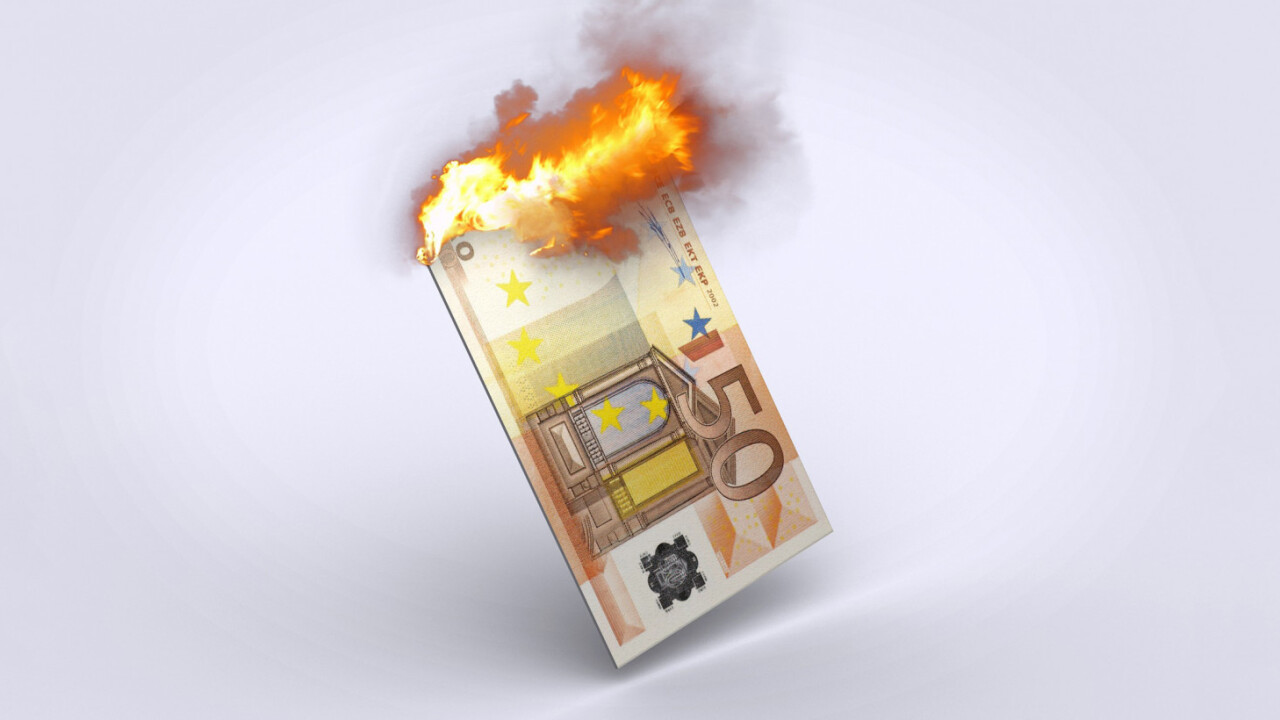
(Bloomberg) — Chalk one up for the humans.
Hedge funds that use artificial intelligence and machine learning in their trading process posted the worst month on record in February, according to a Eurekahedge index that’s tracked the industry from 2011. The first equity correction in two years upended their strategies as once-reliable cross-asset correlations shifted.
While computerized programs are feared for their potential to render human traders obsolete, the AI quants lagged behind their discretionary counterparts. The AI index fell 7.3 percent last month, compared to a 2.4 percent decline for the broader Hedge Fund Research index.

The slump even surpassed a more traditional category of quants, commodity trading advisers or CTAs, which posted near-record losses as the equity reversal hammered the automated trend-following strategies.
The degree to which quant funds can exacerbate selloffs has been hotly contested, with some managers arguing they are too small to spur such an impact. JPMorgan Chase & Co., however, suggests last month might be an exception, citing their torrid performance of late.
“In all, we find that AI funds, similar to CTAs, likely played a big role in February’s correction by being forced to de-risk given an unprecedented 7.3 percent loss over the past month,” strategists at the bank, headed by Nikolaos Panigirtzoglou, wrote in a Friday note. Adoption rates have also increased, making AI strategies more crowded, they said.
Strategies tooled for one-direction markets may have doomed managers, according to Quest Partners’ Nigol Koulajian. Practitioners likely turned complacent after optimizing models to a calm bull market, creating strategies ill-suited to market shifts, the $1.4 billion quant fund’s chief investment officer said in a recent interview with Bloomberg News.

Still, the Eurekahedge index — which tracks about 15 funds — is only a partial representation of the industry. Since artificial intelligence and machine learning are somewhat broad categories, the funds may employ vastly different techniques. Some draw from traditional statistics but can analyze more complex data sets, while others, like deep learning, parse data through multiple layers of analysis akin to the workings of the human brain, the theory goes.
Regardless, there’s tentative evidence that AI funds tracked by Eurekahedge are, for now, anchored to ride the trend of rising markets. JPMorgan notes that AI funds have become increasingly correlated to trend-following CTAs, with lock-step moves over the past 12 months rising to about 80 percent.
This piece was originally published at Bloomberg | Quint
Get the TNW newsletter
Get the most important tech news in your inbox each week.




